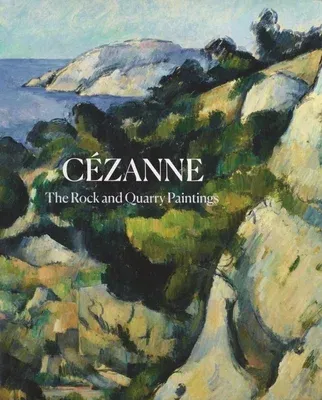A rich vein of the artist's mature work, depicting the foundations of
landscape and place
From the mid-1860s until shortly before his death, Paul Cézanne
(1839-1906) created 27 canvases that take rock formations as their
principal subjects. This is the first publication to focus exclusively
on these extraordinary works. It illustrates all of Cézanne's mature
paintings of rock formations, including scenes of the terrain of the
forest of Fontainebleau, the Mediterranean coastal village of L'Estaque,
and the area around Aix-en-Provence, alongside examples of his
watercolors of these subjects. An introductory essay by John Elderfield
assesses these paintings in terms of their character, development, and
relationship to Cézanne's other works; their critical interpretations;
and their geological and corporeal associations. Faya Causey's essay
examines the Provençal context of Cézanne's rock and quarry paintings,
as well as the status of geology in France during the second half of the
19th century. The catalogue section, introduced by Anna Swinbourne,
chronicles the sites, presenting details of where specifically the
paintings were made and of the features that they represent, together
with technical aspects of particular works.

